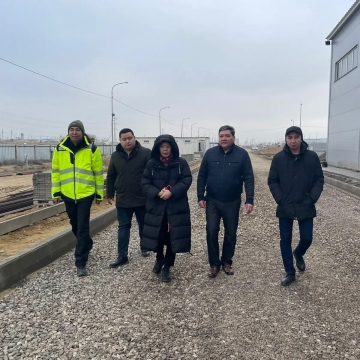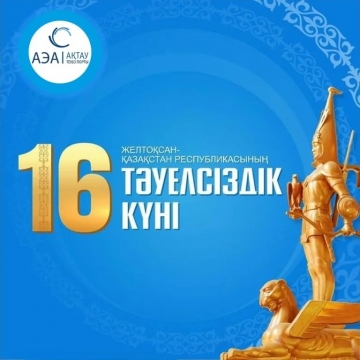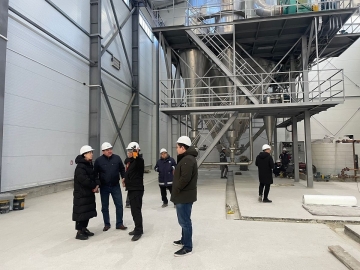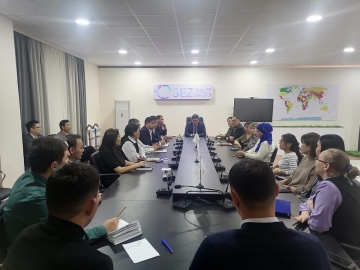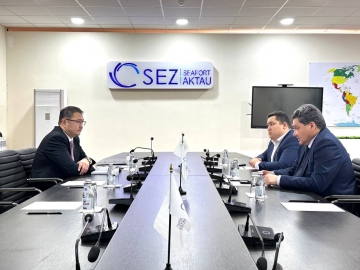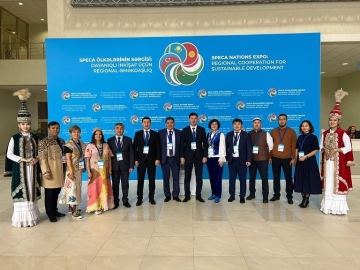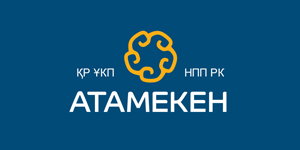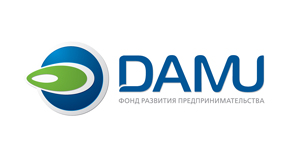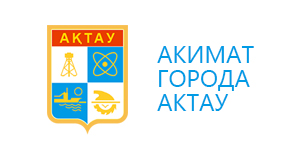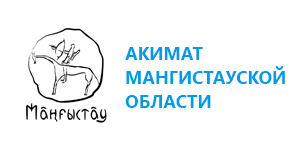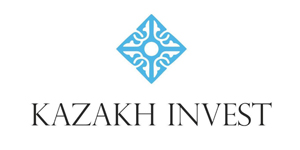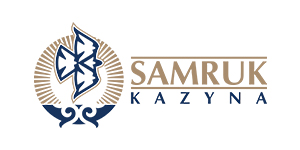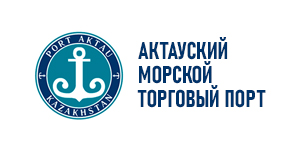On October 25, the updated World Bank Ease of Doing Business Ranking for the year 2017 was released. The Republic of Kazakhstan was especially noted among the 10 other countries for the dynamic improvement on10indicators taken into account in the ranking.
Thus, Kazakhstan has improved its position on7out of10indicators: climbed up by 56places in obtaining of construction permits, by27 places in the connection to the power supply, by22places in the protection of minority investors and entered the top three countries in the world on this indicator. The position of Kazakhstan has improved by9 places in the business registration, international trade and insolvency resolving. Kazakhstan remained at the same place with regard to two criteria - the property registration and the enforcement of contracts, and fell down with regard to two ones – by three places in the taxation and by five places in the obtaining of credits.
The main difference of the newly released ranking is in the more advanced methodology of assessment.
In the Introduction to the Report, they say “The Ease of Doing Business Rankingpresents quantitative indicators on the business regulation and the protection of property rights, which are compared among 190 evaluated countries, from Afghanistan to Zimbabwe, within a certain period of time.
Ease of doing business ranking covers11important business indexes. Ten of them were included in this year ranking: the business registration, obtaining of construction permits, connection to the electric power supply system, property registration, obtaining of credit, protection of minority investors, taxation, international trade, enforcement of contracts and insolvency settlement. This year, the labor market regulation measures were also assessed, but this indicator was not included in the overall ease of doing business ranking.
Data used in theEase of doing businessranking2017were as of June 1, 2016. These indicators are used to analyze economic outcomes and to identify which business regulatory reforms produced result, where and why.
Main conclusions:
Ease of doing business ranking 2017 demonstrates that in 137 countries businessmen have felt improvements in their local regulatory bases during the last year. The report, which assesses 190 economies around the world for the period from June 2015 to June 2016, has documented 283 business reforms. Reforms reducing the complexity and cost of regulatory processes in the area of business registration were the most common both in the reporting year and in the previous year. The next most common reforms were related to taxation, obtaining of credit and international trade.
Brunei Darussalam, KAZAKHSTAN, Kenya, Belarus, Indonesia, Serbia, Georgia, Pakistan, United Arab Emirates, and Bahrain have improved their economics more dynamically than the others in the years 2015-16 with regard to the areas monitored by the ranking. In aggregate, these 10 countries implemented 48 regulatory reforms to ease the business process.
All countries pursue economic reforms, but the Europe and Central Asia Region keeps leading as the part of the world with the highest proportion of countries implementing this type of reforms -96%of countries in the region have implemented at least one reform that affects the business.
Ease of doing business ranking includes now a gender dimension in four of the 11 indexes. This year for the first time, the gender dimension was taken into account in assessing the businesses registration, property registration and enforcement of contracts. The last year's report has already included the gender dimension in the index of labor market regulation.
This year, the list of factors to be considered in assessing the tax been expanded, namely, all the processes that occur after the company pays the taxes, such as tax refunds, tax audits and administrative tax appeal.
A separate document is attached to this year's report containing the pilot analysis of indicator regarding the public procurement rules.
This year's report also presents six case studies regarding the connection to the electric power supply system, the obtaining of credit - legal rights, the obtaining of credit - credit information, protection of minority investors, taxation, international trade, as well as two annexes to the main report regarding the labor market regulation and the public procurement. These additional documents represent either new indicators or provide a more complete picture of a particular indicator on the basis of data collected according to changed methodology over the past two years.”
The
material is prepared by National Agency for Exports and Investment
“KAZNEXINVEST”JSC.
Source: invest.gov.kz
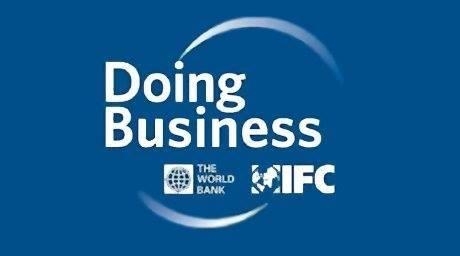
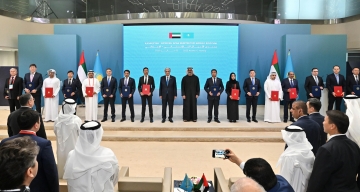
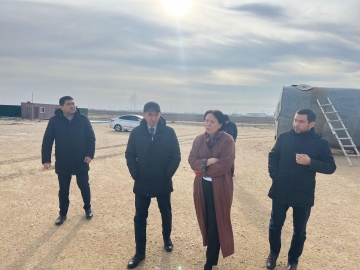


__bfbdb06ed50e479845f6294a008e5c93.jpeg)
